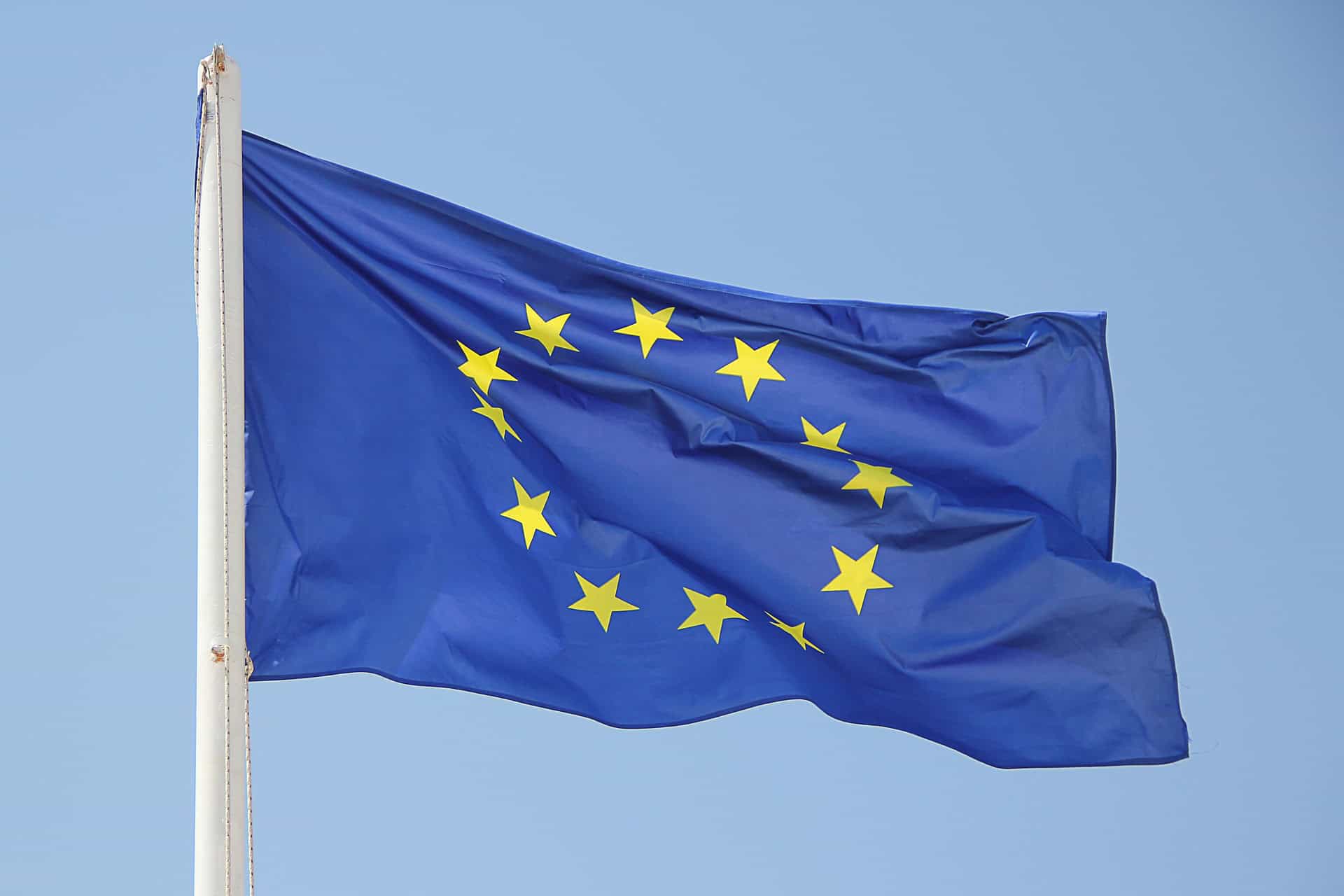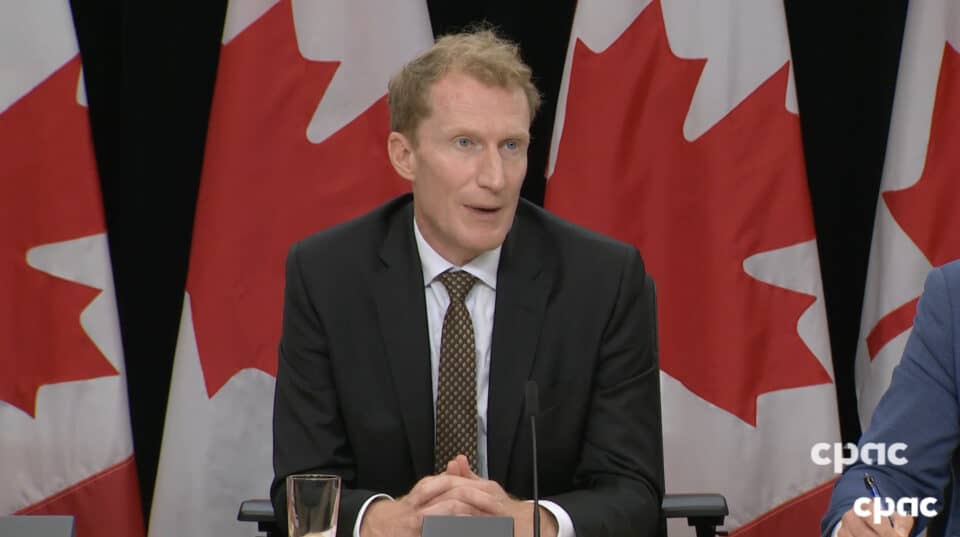The Erasmus+ Program has published a call for proposals for projects supporting mobility and cooperation in education, training, youth and sport for 2020. The total budget for the year will be in excess of €3 billion, an increase of 12% over 2019.
Both public and private bodies working in the fields of education, training, youth and sport can apply for Erasmus+ funding, as can groups of young people who are active in youth work but not formally established as youth organisations.
“The EU is set to invest more than €3 billion in Erasmus+”
“I am very pleased that in 2020 the European Union is set to invest more than €3 billion in Erasmus+,” said Tibor Navracsics, the commissioner for education, culture, youth and sport.
“[The funding] will allow us to open up more opportunities for young Europeans to study or train abroad, enabling them to learn and develop a European identity.”
Nine million people have participated in the Erasmus+ program since it was launched 30 years ago, with 800,000 having taken part in 2017 alone.
According to the , five years after graduation young people who have studied or trained abroad have a 23% lower unemployment rate than non-mobile peers.
The EC pledged earlier this year to double funding for Erasmus+ for the 2021-27 cycle after budgeting €14.7 million for 2014-2020.
However, some have voiced concerns that this is not enough to ensure the program remains inclusive and open to all.
“Tripling the funding is crucial to ensure more equal access for a larger group of beneficiaries… especially those from disadvantaged groups who still struggle to access and be successful in the current program,” Sebastian Berger, vice president of the , told Сư�洫ý.
“Erasmus+ needs to benefit the many, not only the few. Increased accessibility and a focus on creating an inclusive program need to be at the heart of all policy considerations.”
According to the proposal , UK applicants are still eligible to apply but will be at risk of if the UK leaves the EU within the period of the project.



